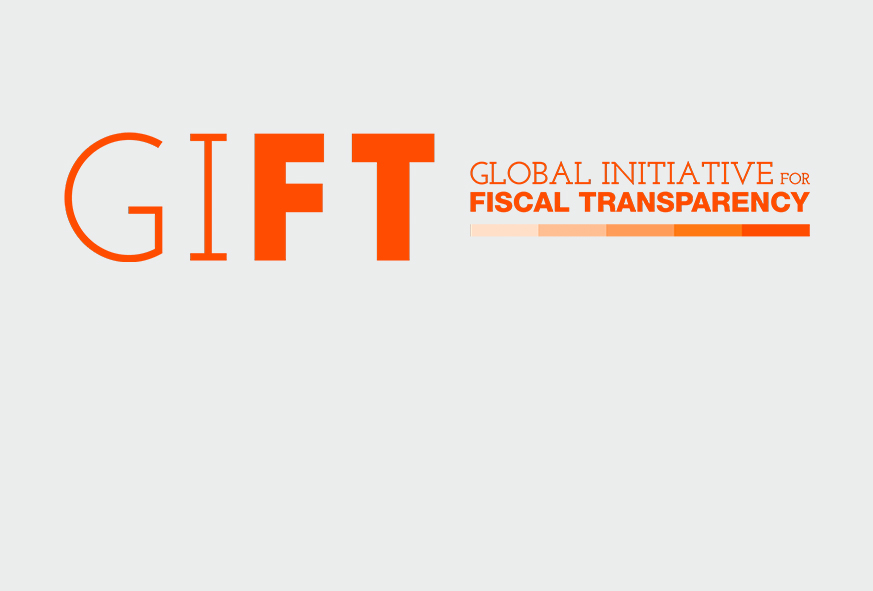The Inter-American
Development Bank and the
Organization for Economic
Cooperation and
Development (GIFT
steward) launched a useful
publication that offers an
accurate radiography of 21
governments in the Latin
American and the Caribbean
region, through the lens
of 45 indicators, from a
comparative perspective.
This is a highly
illustrative document that
allows the reader to
better identify the
weaknesses and strengths
of governments in the
region to foster
development, and
especially, equity. With
this publication, OECD and
IADB aim to help “policy
makers and citizens
analyze the relative
performance of governments
and, when possible,
benchmark against OECD
member countries”, will
certainly be achieved.
See the publication here.
|
|

